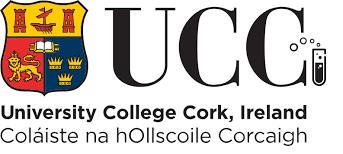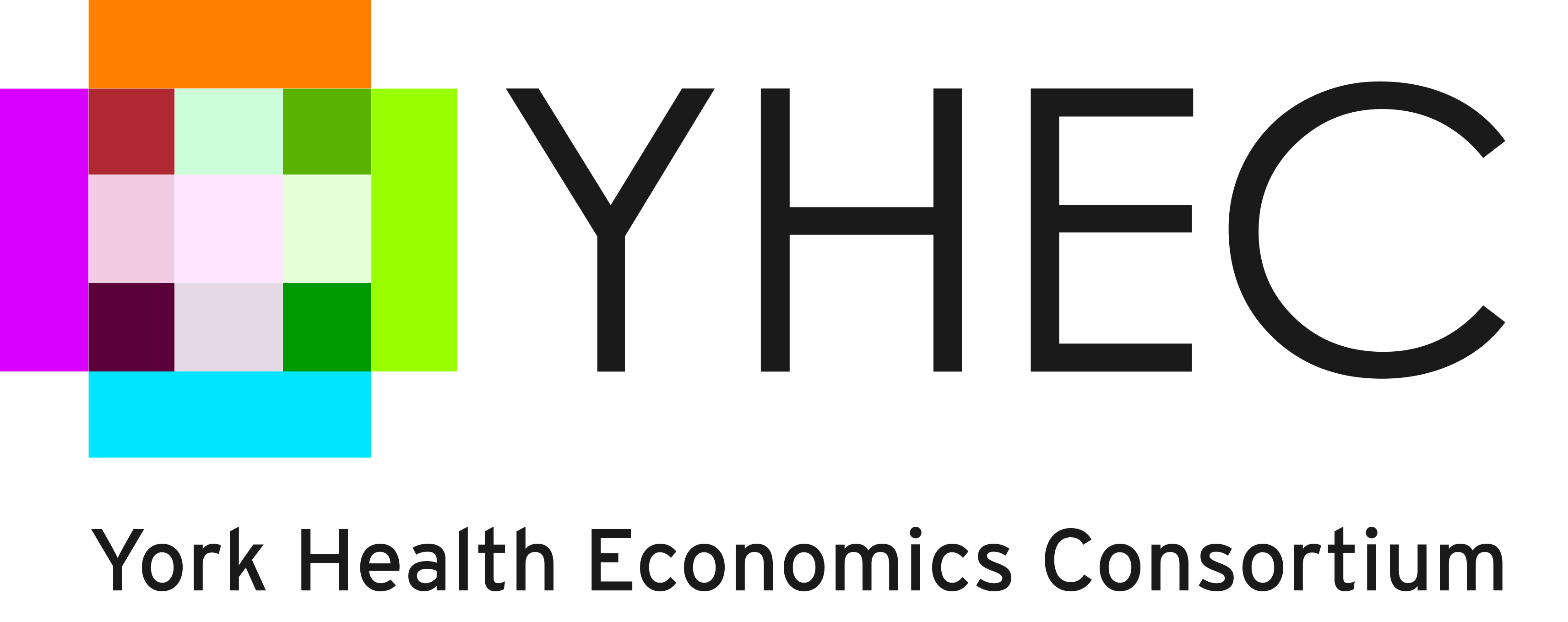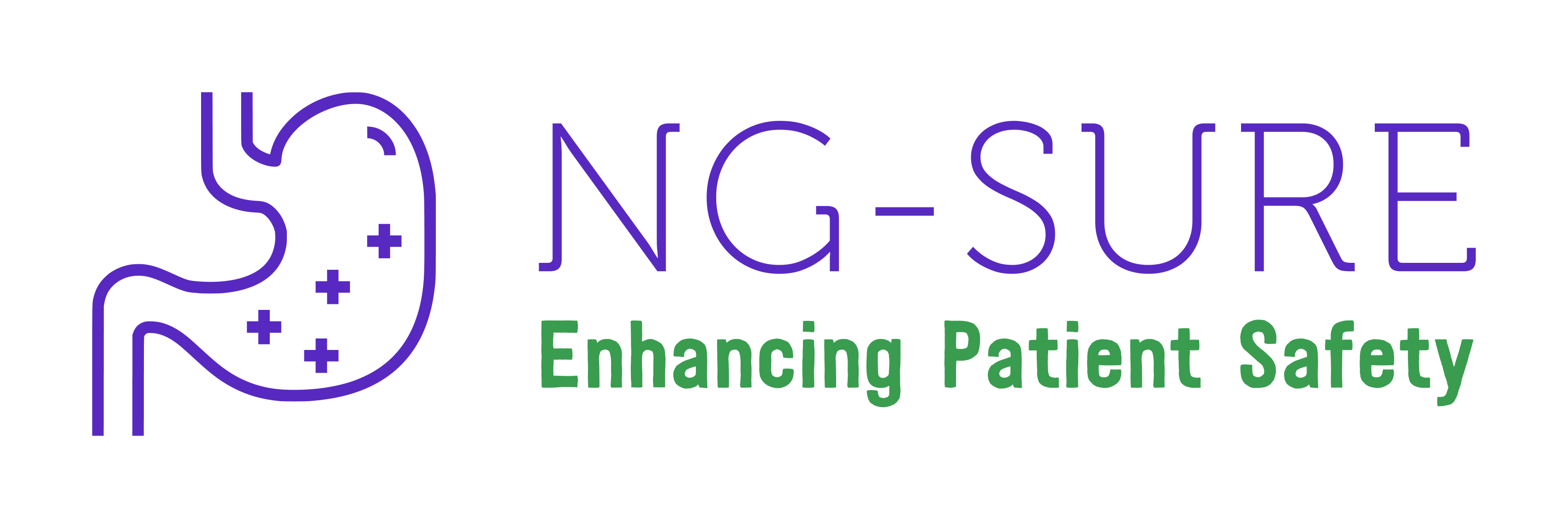The patient safety problem
Naso-gastric tubes (called NG-tubes) are passed through the nose down the back of the throat and through the oesophagus to the stomach and are used to give medication, fluids or liquid feeds to patients. Each year one million NG-tubes are used in the NHS in hospital, community (care home and home settings) to patients who cannot swallow or drink, or need surgery or intensive care.
There is a small chance that NG-tubes can accidentally be put into the lungs (1 to 3 times out of 100) or move from the stomach into the oesophagus (19 times out of 100). If liquid is then given down the misplaced NG-tube, serious harm or death can result, this is known in the NHS as a Never Event. Since 2011 there have been 132 such ‘never events’ reported and, despite the publication of national patient safety alerts in 2011, 2012 and 2016 warning of the dangers of misplaced NG-tubes, the number of reported events has not decreased, with 26 cases of serious harm and death occurring in 2016/17 alone.
Until now, the recommended way to check that an NG-tube is placed in the stomach is to get some fluid up the tube known as aspirate, and test how acidic it is using pH paper. A reading below 5.5 indicates the aspirate is acidic and that the tube is in the stomach. However, getting stomach fluid is difficult with a 50-85% chance of success of getting some, so X-rays are often used instead; X-rays can be interpreted incorrectly (as seen in 57% of never events). Moreover, X-rays cost more, cause delays and inconvenience for patients and staff, as well as exposure of radiation to patients. A different approach is needed.
Just over £1million of Medical Research Council funding has been awarded to the Yorkshire Quality and Safety Research team and Bradford Teaching Hospitals NHS Foundation Trust, and colleagues from Leeds Teaching Hospitals NHS Trust, the Universities of Leeds and College Cork, as well as project partners RoboScientific Ltd, Medipex Ltd, and York Health Economics Consortium to develop a solution to tackle this patient safety problem.
Our proposed solution
Our research aims to develop, build and test a new portable, sensor-based device known as NG-Sure® to give an accurate check of NG-tube position, building on our earlier feasibility work. NG-Sure® works using sensor technology, measuring gases or chemicals, known as volatile organic compounds or VOCs, at the end of the NG-tube to create ‘smell fingerprints’ in addition to a pH reading. These fingerprints are different depending upon where the NG-tube is situated (stomach, oesophagus or lungs).
Our plans
We will conduct five workpackages to develop and test the NG-Sure® device, to:
- Generate additional smell fingerprints and pH readings for breath, oesophagus and stomach samples from patients to add to our existing database of smell fingerprints
- Work out a way of getting the gas and chemical samples needed to measure the smell fingerprints and pH readings up the patient’s NG-tube when it is in place
- Work closely with healthcare staff and patients and their carers throughout the project to understand their needs and requirements as we design and build our prototype device
- Test the safety and function of our prototype device once built in a clinical study with at least 200 patients by comparing our device against X-rays taken in patients who need the position of their NG-tube confirming before it is used
- Study the financial benefits of our new device compared to current practice and identify ways to manufacture our device
Timescales
Three-year project, start date 1st January 2019
Further information
Please contact Dr Angela Grange, Chief Investigator, Head of Nursing, Research and Innovation, Bradford Teaching Hospitals NHS Foundation Trust
E: angela.grange@bthft.nhs.uk
T: 01274 366809 (Weds-Thurs)
This independent research is funded by the Medical Research Council Developmental Pathway Funding Scheme Award, reference MR/R025398/1 Volatile Biomarker Positioning of Naso-gastric Tubes to Enhance Patient Safety (Acronym: NG-Sure®).









